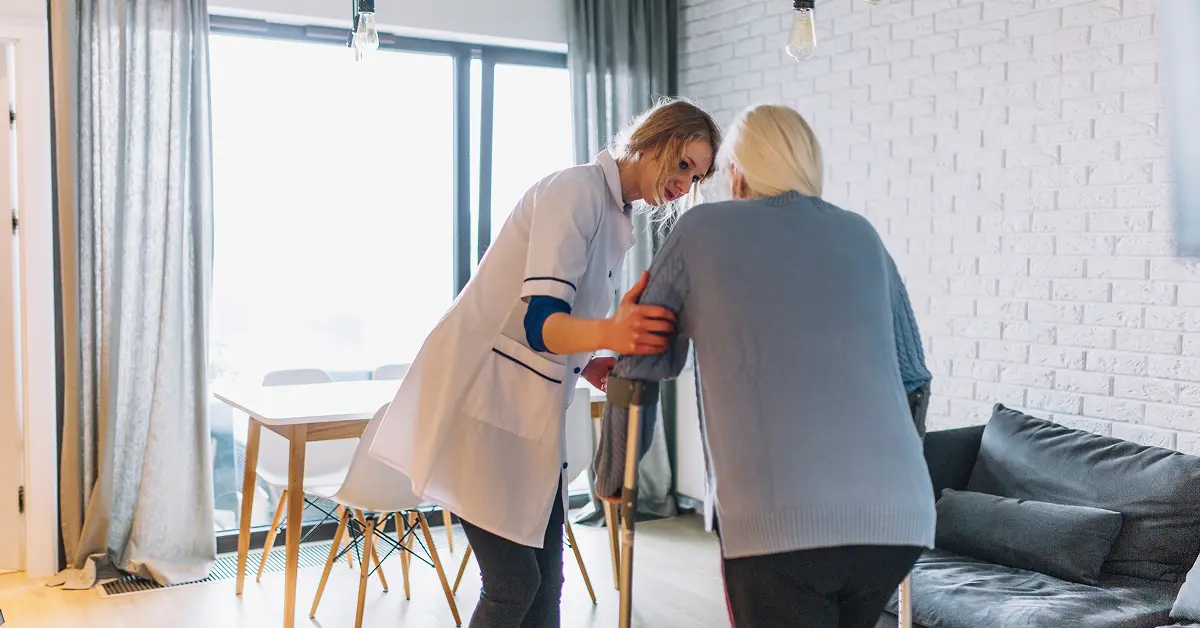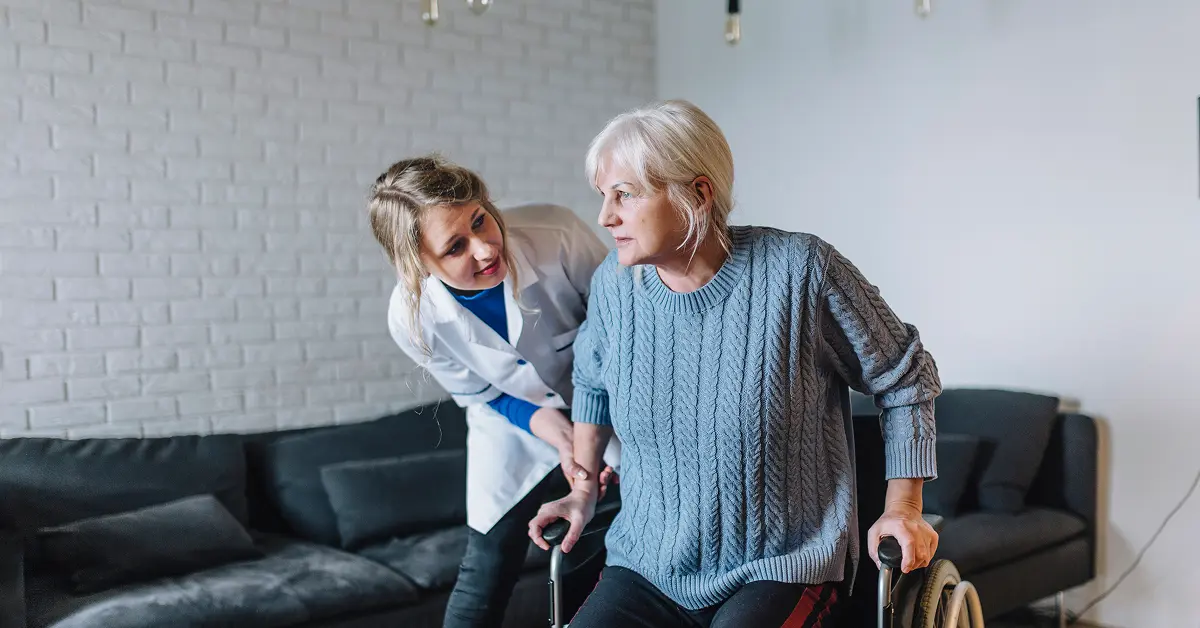Recovering at home after a hospital stay can be both a relief and a challenge. While the hospital environment ensures constant medical supervision, home care brings comfort, familiarity, and emotional warmth. However, without proper planning and care, the transition from hospital to home may slow recovery or even lead to readmission.
In India, where family plays a major role in caregiving, combining medical advice with a supportive home environment is the key to a smooth recovery. This guide covers practical steps for Hospital Discharge that truly works.
Understand the Discharge Plan
Before leaving the hospital, make sure you understand the discharge summary provided by the doctor. This document usually includes:
- Diagnosis and treatment received
- Medications and dosages
- Follow-up appointment schedule
- Dietary recommendations
- Activity or mobility guidelines
In many Indian hospitals, nurses or discharge coordinators explain these details. Take notes and ask questions. If something is unclear, don’t hesitate to clarify—especially about warning signs that require urgent medical attention.
Prepare the Home Environment
A hospital stay often means the patient is recovering from surgery, illness, or an injury. At home, the goal is to create a safe, accessible, and hygienic space:
- Declutter rooms and hallways to avoid tripping hazards.
- Place the patient’s bed in a quiet, well-ventilated area.
- Keep water, medicines, and a call bell or phone within reach.
- Ensure proper lighting, especially for nighttime trips to the washroom.
Follow the Medication Schedule Strictly
Medication errors at home are common and can delay recovery. In India, where multiple family members may share caregiving duties, clear communication is essential.
- Use a pill organizer or a medication chart.
- Set reminders on your phone.
- Store medicines as per instructions—some require refrigeration.
- Never stop antibiotics or prescribed medicines without the doctor’s advice.
Focus on Nutrition for Healing
Diet plays a big role in post-hospital recovery. Whether it’s regaining strength after surgery or recovering from an infection, food is medicine.
- Include protein-rich foods like dal, eggs, paneer, and fish to rebuild tissues.
- Eat plenty of fresh fruits and vegetables for vitamins and minerals.
- Stay hydrated with water, soups, and fresh juices (unless fluid restriction is advised).
- Avoid junk food, excess sugar, and oily snacks.
Manage Pain and Discomfort
Pain is normal after surgery or serious illness, but it must be managed properly.
- Take pain medication as prescribed—don’t wait for pain to become unbearable.
- Use hot or cold compresses if recommended.
- Practice gentle breathing exercises to relax muscles.
Monitor for Warning Signs
Even with good care, complications can develop. Keep an eye out for:
- High fever
- Increased swelling or redness around wounds
- Sudden breathlessness
- Unusual weakness or confusion
- Persistent vomiting or diarrhoea
Include Physiotherapy and Gentle Activity
For many patients—especially after fractures, strokes, or joint surgeries—physiotherapy is essential for regaining mobility.
- Follow the physiotherapist’s instructions carefully.
- Start with short, slow movements and gradually increase intensity.
- Avoid overexertion in the early stages.
Maintain Emotional Well-being
Hospital stays can be emotionally draining, leaving patients feeling anxious, lonely, or depressed.
- Encourage conversations and involve the patient in light household activities.
- Allow time for hobbies—reading, music, gardening—to uplift mood.
- If anxiety or sadness is persistent, consider counselling or therapy.
Schedule and Attend Follow-up Appointments
Even if the patient feels better, follow-up visits are important to track recovery and adjust treatment if necessary.
- Book appointments in advance and keep reports organised.
- Carry a list of questions or symptoms to discuss.
- Don’t miss diagnostic tests prescribed by the doctor.
Consider Professional Home Care Services
Sometimes, family support isn’t enough—especially if specialised medical care is needed. In India, home nursing services and trained caregivers are becoming more common and affordable.
- Wound dressing
- IV medications
- Physiotherapy sessions
- Monitoring vital signs
- Assistance with daily hygiene
Keep Hygiene a Priority
Infections are a major risk after hospital discharge.
- Wash hands before touching the patient or their food.
- Change bed linen regularly.
- Keep wounds clean and dry as per medical advice.
- Avoid exposure to people with contagious illnesses.
Maintain a Positive Routine
Recovery is faster when the day is structured:
- Set regular times for meals, medicines, and rest.
- Include light activity and relaxation periods.
- Avoid late-night screen time for better sleep.
Final Thoughts
Home care after a hospital stay is a balance between medical responsibility and emotional support. By following the discharge plan, ensuring proper nutrition, monitoring symptoms, and maintaining hygiene, you can help your loved one recover faster and more comfortably.
In India, where family bonds are strong, combining traditional care with modern medical practices is the best way forward. With patience, organisation, and love, recovery at home can be just as effective—if not more—than staying in a hospital.
Contents
- Understand the Discharge Plan
- Prepare the Home Environment
- Follow the Medication Schedule Strictly
- Focus on Nutrition for Healing
- Manage Pain and Discomfort
- Monitor for Warning Signs
- Include Physiotherapy and Gentle Activity
- Maintain Emotional Well-being
- Schedule and Attend Follow-up Appointments
- Consider Professional Home Care Services
- Keep Hygiene a Priority
- Maintain a Positive Routine
- Final Thoughts
Our 24*7 services
Latest Posts
- What Is Respite Care and Why Is It Important
- Affordable home care for senior citizens in India
- Caring for Seniors with Dementia or Alzheimer's at Home
- Senior Caregiving A Guide for Every Family
- How to Write a Caregiver Resume That Gets You Hired
- How Care After Hospital Discharge Speeds Up Recovery at Home
- How to Get Home Health Care for Seniors Through Medicare
- What Does a Senior Citizen Caregiver Really Do at Home
- How to Care for Elderly Parents with Alzheimer’s or Dementia
- How to Get 24-Hour Care for Seniors at Home



